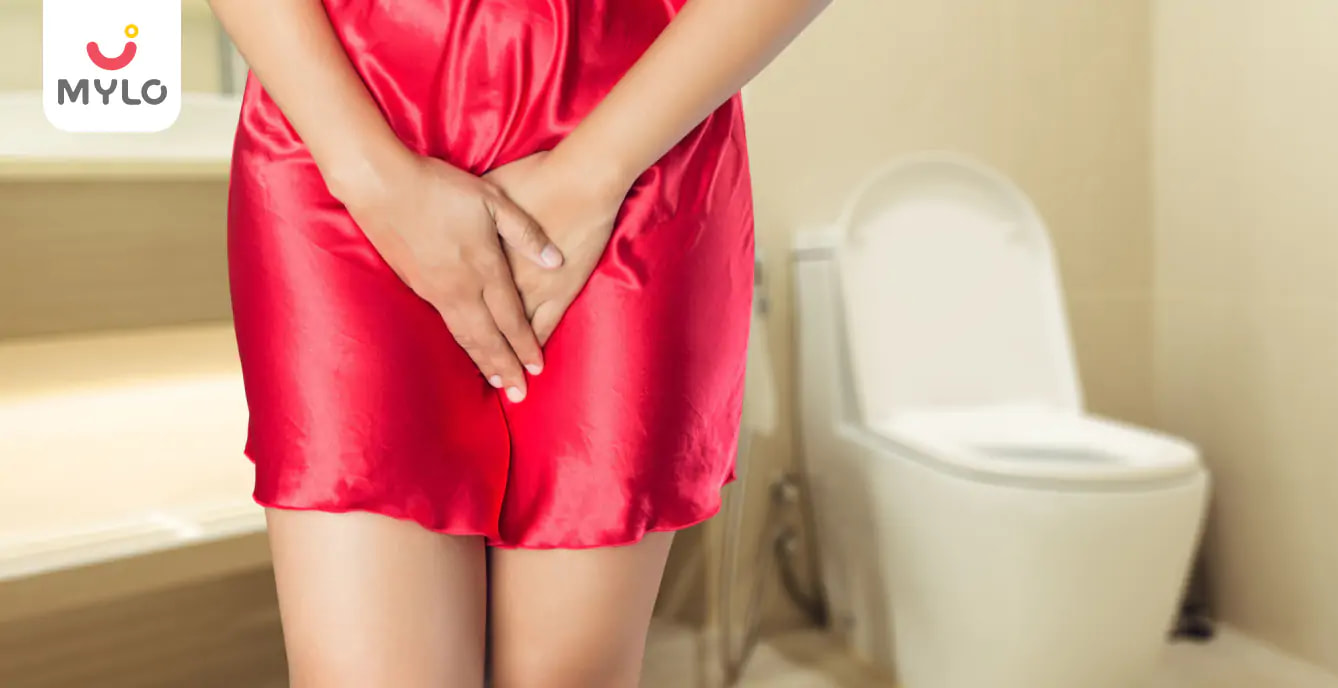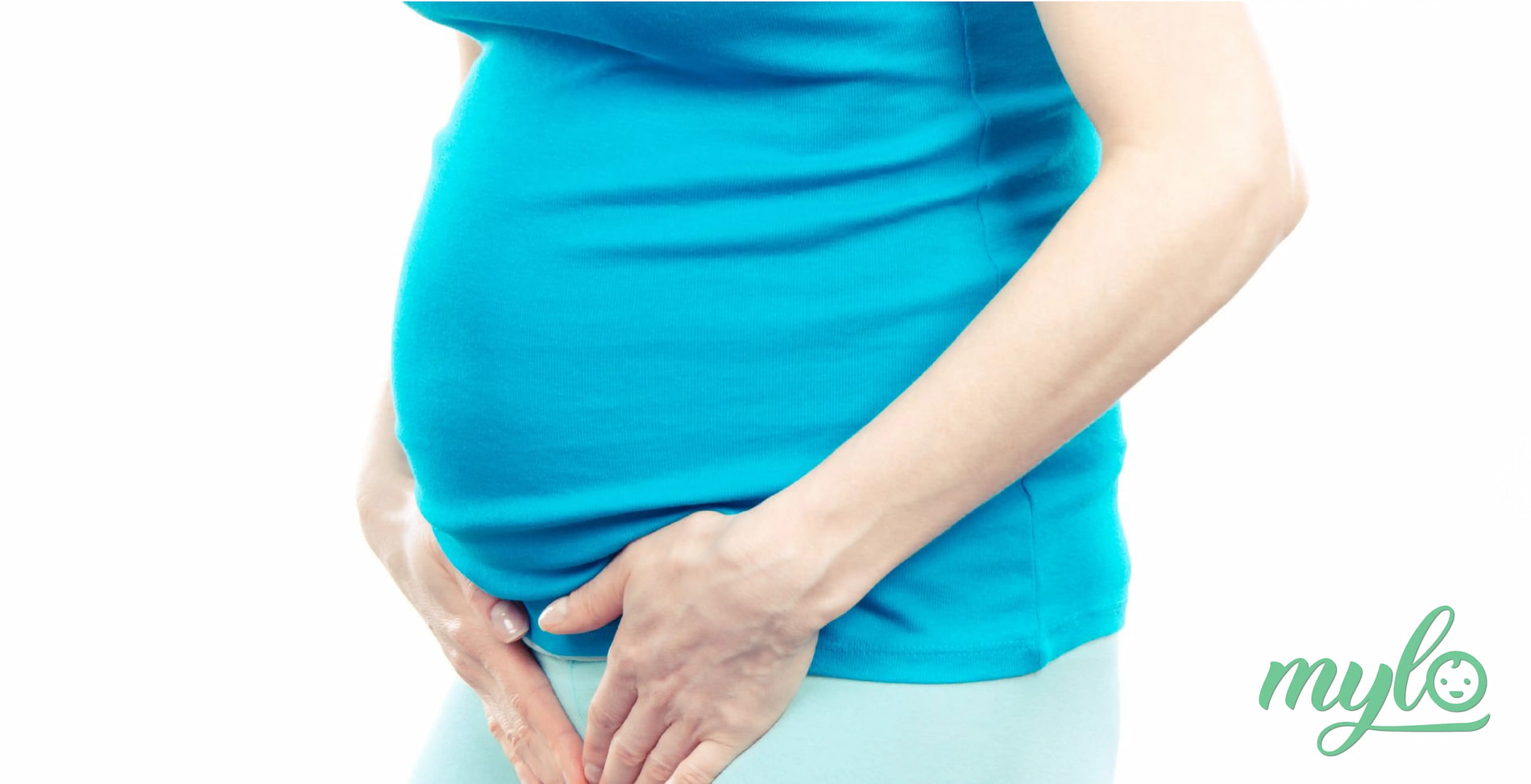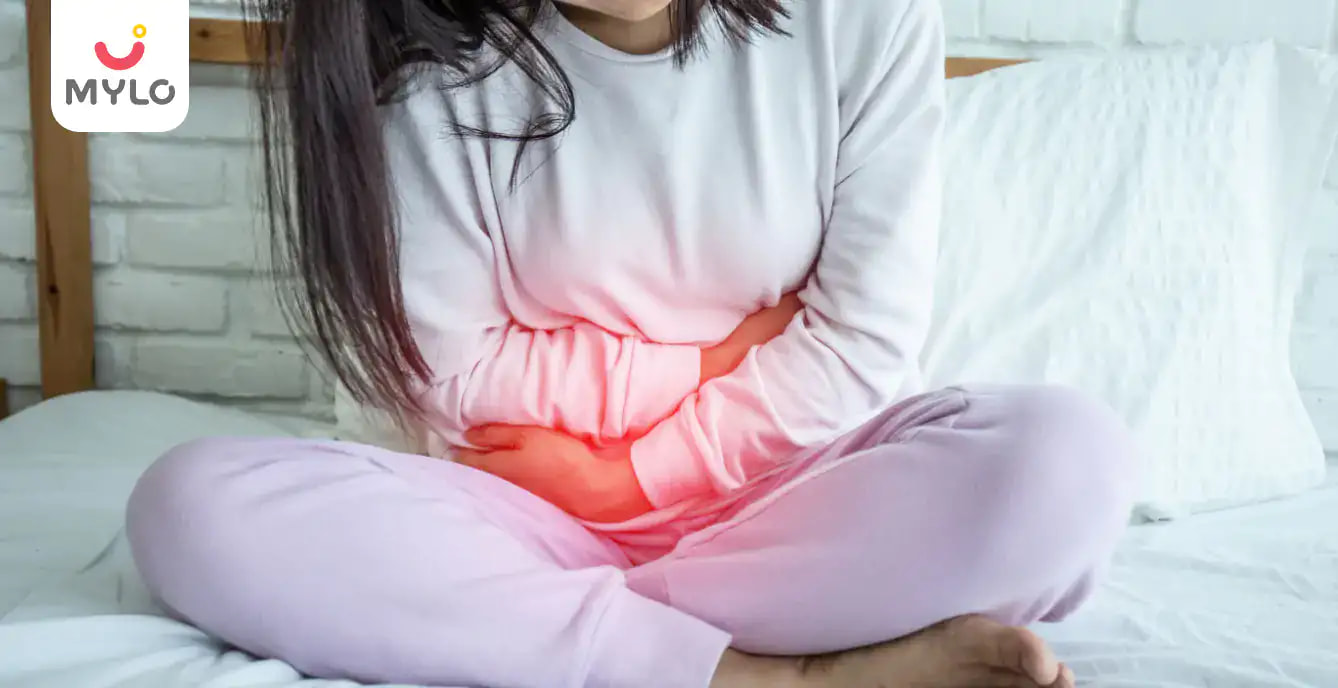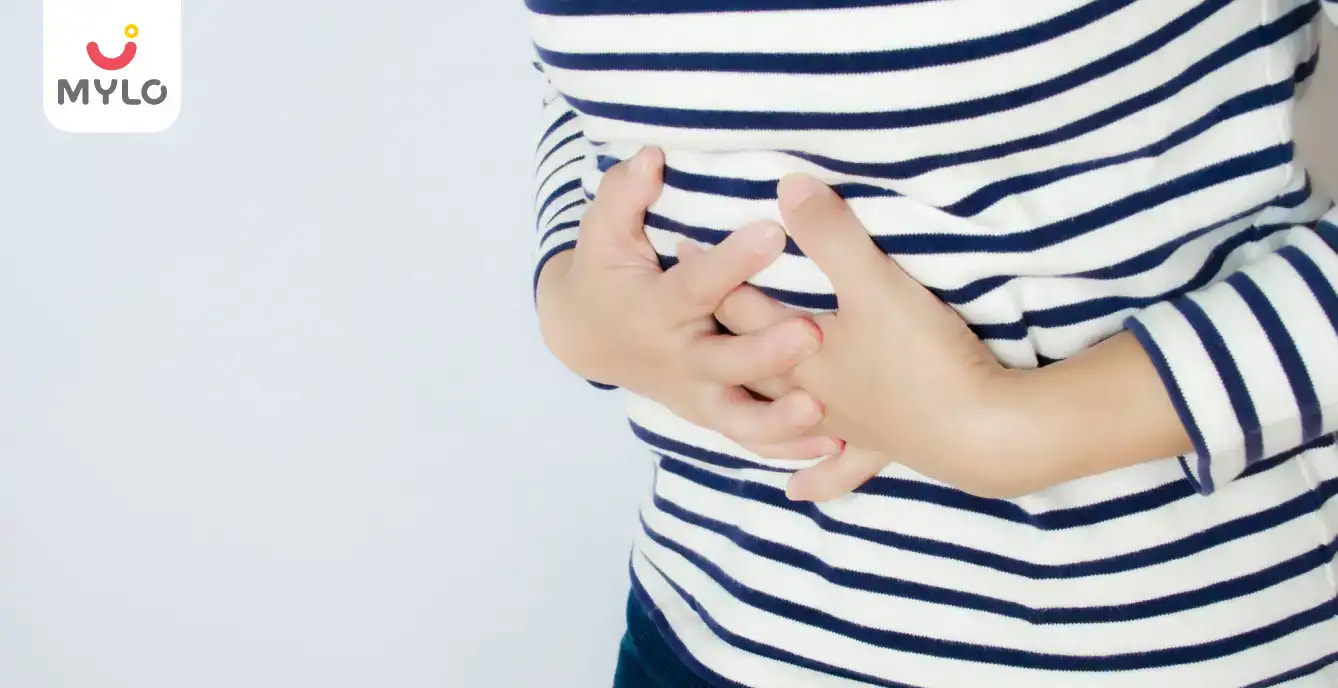Home

Frequent Urination

Frequent Urine During Pregnancy
In this Article
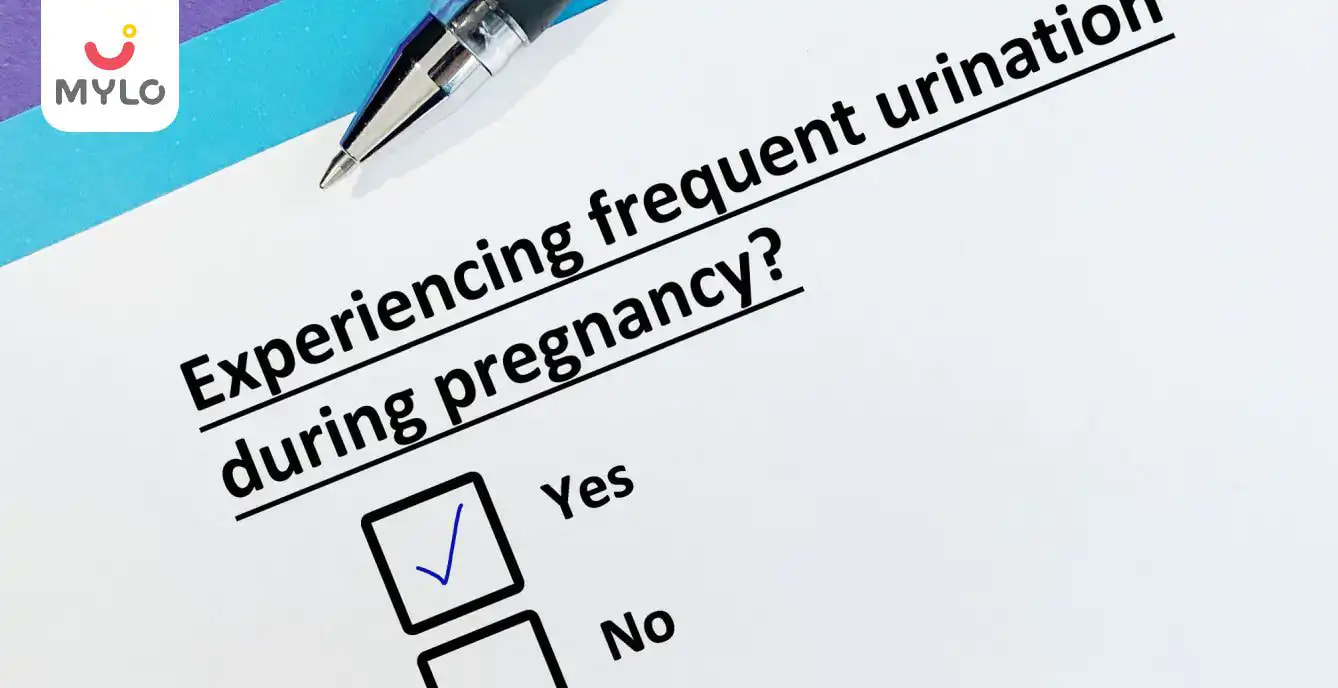
Frequent Urination
Frequent Urine During Pregnancy
Updated on 22 February 2023
If you feel like you are spending more time in the bathroom these days, it is one of the most common symptoms during pregnancy. Frequent urine during pregnancy can start from the first trimester and is a symptom that no pregnant woman would enjoy. In this article, we will discuss the causes of frequent urine in pregnancy, common urinary changes, the risk of UTIs and much more.
What does frequent urination mean during pregnancy?
Frequent urination during pregnancy means you will feel the urge to urinate more often. In fact, sometimes you may go to the washroom but pee very little. Although this is usually caused by an increase in pregnancy hormones, blood circulation and a growing uterus, sometimes it may indicate an underlying urinary tract infection (UTI).
Frequent urination causes during pregnancy
Excessive urination during pregnancy is due to the presence of the hormone HCG (Human Chorionic Gonadotrophin), which causes an increase in blood flow to the pelvic area and kidneys. As your kidney becomes more efficient, your body gets rid of waste quickly.
Along with this hormone, your growing uterus is also responsible for the frequent visits to the bathroom as it puts pressure on the bladder giving it less room to store urine in pregnancy. The urge to urinate maximises in the third trimester as the uterus stretches to its maximum size and so does the pressure.
You may also like : Urinary Tract Infection (UTI): Causes, Symptoms & Treatment
When is it more likely to have frequent urine when pregnant?
Frequent urination during pregnancy is one of the most common symptoms of early pregnancy that begins in the first trimester. However, most women feel the frequent urge to pee during pregnancy around week 35. Visits to the bathroom, especially during the night, significantly increase throughout the third trimester.
How urine changes during pregnancy?
Several pregnant women experience changes in their urine during pregnancy, which can start from the beginning of the pregnancy itself. This is because the body begins to produce the hormone HCG (Human Chorionic Gonadotrophin), which can cause frequent urination. As the foetus begins to grow and exert pressure on the bladder, you will feel the urge to pee during pregnancy even more often.
By the third trimester of pregnancy when the uterus has stretched to its maximum size and is pushing down on the bladder, urethra and pelvis, you will urinate more frequently. You may also begin to leak some urine during pregnancy when you sneeze, laugh or cough. You can try pelvic floor exercises to help you control the urge to urinate often.
Common Urinary Changes During Pregnancy
Besides the frequency of urination during pregnancy, some other urinary changes take place during pregnancy such as the colour and smell of the urine. The pregnancy hormones may cause your urine’s odour to change. But a strong urine odour may also be an indication of a urinary tract infection. Similarly, if the colour of your urine becomes darker, it may be a sign of dehydration. You should increase your fluid intake and aim to drink at least 12-15 glasses a day.
It is also possible for blood to show up in your urine because of vaginal bleeding. Some pregnant women may experience implantation bleeding at the beginning of their pregnancy but that’s usually not a cause of concern. Similarly, vaginal bleeding can occur after sex or an internal examination, which is also normal. However, vaginal bleeding could also be a sign of an infection in the vagina or cervix, which makes consulting your doctor important.
Risk of Urinary Tract Infections
Pregnant women find themselves at a higher risk of UTIs or urinary tract infections. According to research, around 10 per cent of women develop UTI at least once during their pregnancy. UTIs occur when bacteria enter the urethra and infect the ureters, bladder or kidneys. The muscle-relaxing hormones release during pregnancy make it easier for the bacteria to enter the urinary tract, thereby increasing pregnant women’s risk of UTI.
Besides an urge to pee frequently, the symptoms of UTI include sharp pain or burning sensation in the urethra and the need to urinate shortly after your last bathroom trip. Additionally, if your urine has a strong odour, appears cloudly or is tinged with blood, these may indicate a UTI and you must consult your doctor instantly. Consulting a doctor will help you receive a proper diagnosis and timely treatment.
To diagnose a UTI, your doctor will perform a urinalysis along with a test for white and red blood cells. A urine test can help detect the presence of bacteria and assist the doctor in deciding the course of treatment. Pregnant women can reduce their risk of UTIs or speed their recovery by staying hydrated, emptying their bladder before and after sex, maintaining vaginal hygiene and emptying the bladder fully while urinating. It’s also recommended to wear cotton or hypoallergenic underwear and avoid tight clothing, bubble baths and wiping from front to back.
Importance of Urine Testing During Pregnancy
The first urinalysis during pregnancy can help confirm the pregnancy. Subsequent urine testing during pregnancy can help detect a urinary tract disease, infection or the early signs of diabetes. Excess amounts of sugar in the urine may signal gestational diabetes, which can develop during the second trimester. Urine testing during pregnancy can also help measure the protein content in the urine, which can help to identify preeclampsia, kidney disease or a UTI.
Learning the causes of frequent urine during pregnancy, the urinary changes that take place in pregnancy and the importance of urine testing can help you identify if there’s a problem and get medical help on time.



Written by
Ravish Goyal
Official account of Mylo Editor
Read MoreGet baby's diet chart, and growth tips

Related Articles
Related Questions
Influenza and boostrix injection kisiko laga hai kya 8 month pregnancy me and q lagta hai ye plz reply me

Hai.... My last period was in feb 24. I tested in 40 th day morning 3:30 .. That is faint line .. I conculed mylo thz app also.... And I asked tha dr wait for 3 to 5 days ... Im also waiting ... Then I test today 4:15 test is sooooo faint ... And I feel in ma body no pregnancy symptoms. What can I do .

Baby kicks KB Marta hai Plz tell mi

PCOD kya hota hai

How to detect pcos

RECENTLY PUBLISHED ARTICLES
our most recent articles
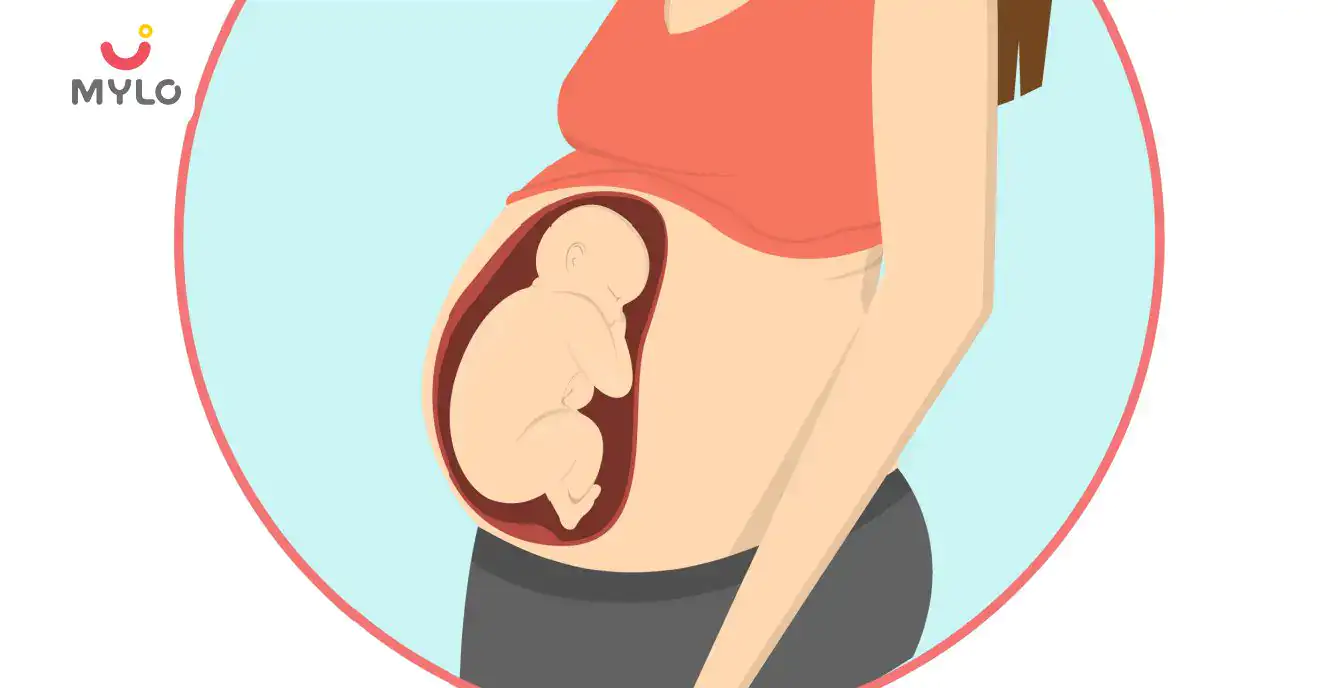
Labour & Delivery
Breech Baby: Causes, Risks, Flipping & Delivery
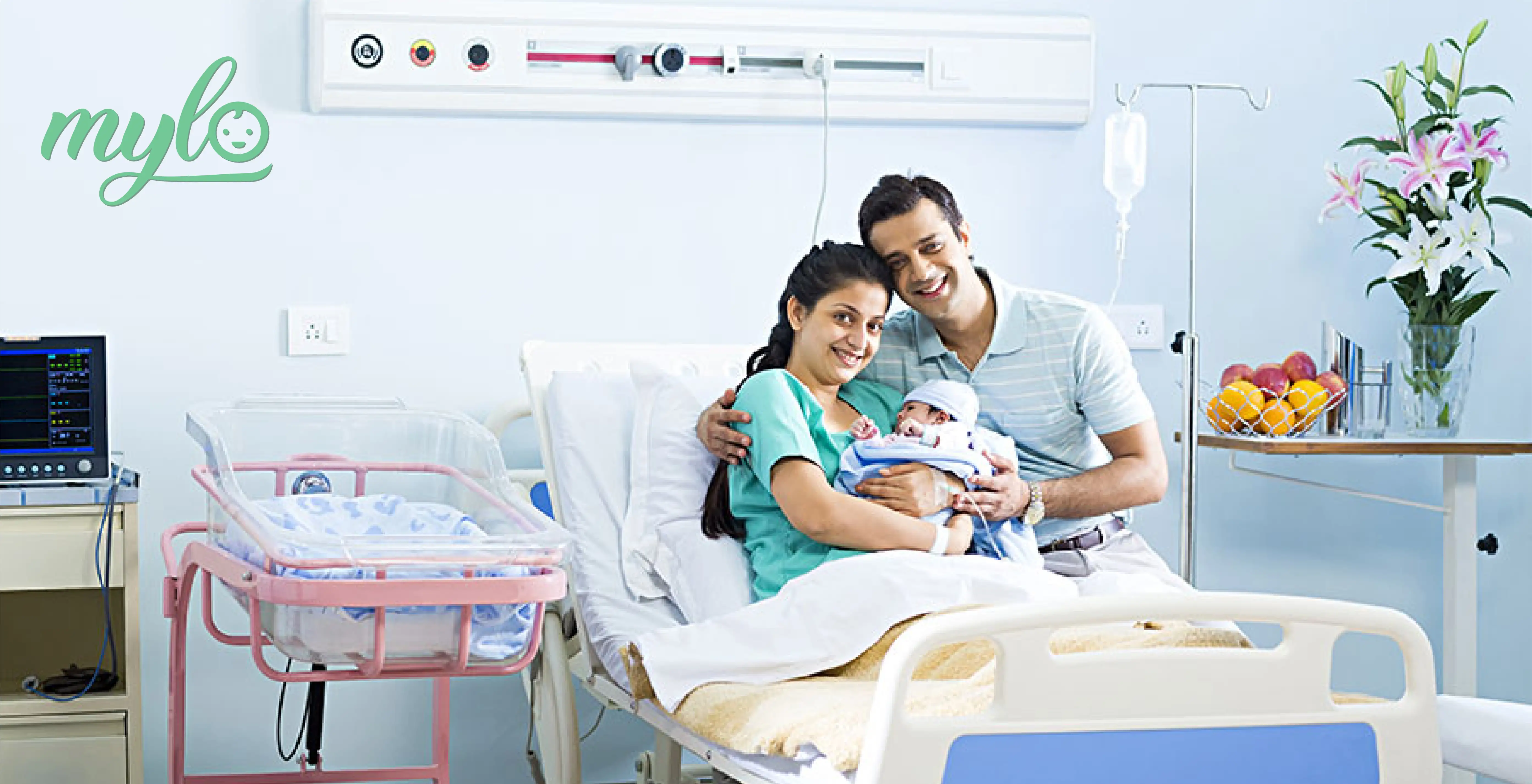
Labour & Delivery
Everything You Need to Know About the Different Stages of Labour
Vitamins & Supplements
What are the Symptoms of Vitamin D Deficiency in Children?
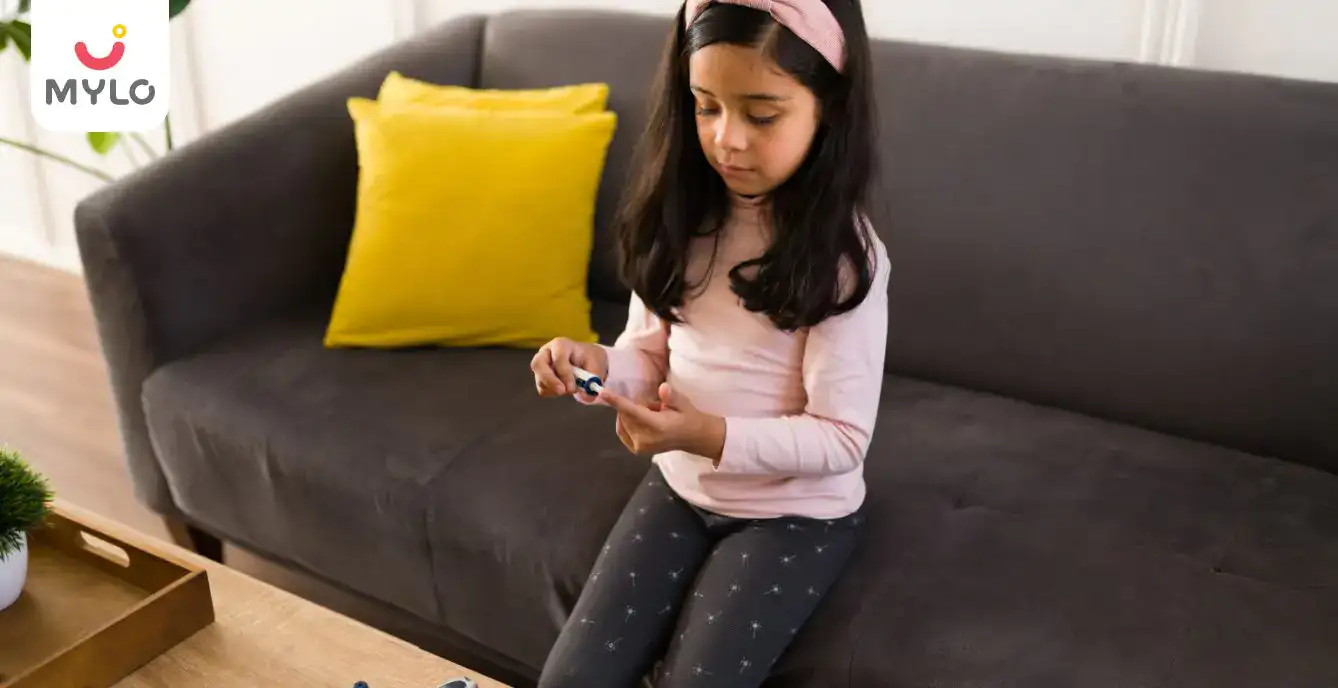
Health Tips
Top 5 Effective Ways to Prevent Diabetes in Children

Vaccinations
Why and When Is the Tetanus Toxoid (TT) Vaccine Given During Pregnancy?
How to Guide Your Child to Make Healthy Food Choices and Get the Required Nutrition?
- How Can You Manage Asthma During Pregnancy?
- Water Breaking Early: Signs, Causes & Next Steps
- Foods to eat for healthy fetal brain development
- How touch can shape babies’ brain development
- In What Situations Can a Doctor Recommend You to Take Bed Rest During Pregnancy?
- How to Hold a Newborn Baby
- Why do you need to burp your baby and what are the best positions to burp your baby?
- Carpal Tunnel Syndrome or CTS During Pregnancy : Symptoms, Causes & Treatment
- Can Nipple Stimulation Help in Inducing Labor Naturally?
- Top 10 pregnancy do's and don'ts that is crucial to have a healthy baby
- 7 Excellent Sources of Omega-3 Fatty Acids For Expecting Mothers
- Epidural: Advantages, Disadvantages & Risks
- Dizziness During Pregnancy
- Bed Rest During Pregnancy: Does It Really Help?


AWARDS AND RECOGNITION

Mylo wins Forbes D2C Disruptor award

Mylo wins The Economic Times Promising Brands 2022
AS SEEN IN

- Mylo Care: Effective and science-backed personal care and wellness solutions for a joyful you.
- Mylo Baby: Science-backed, gentle and effective personal care & hygiene range for your little one.
- Mylo Community: Trusted and empathetic community of 10mn+ parents and experts.
Product Categories
Baby Carrier | Baby Soap | Baby Wipes | Stretch Marks Cream | Baby Cream | Baby Shampoo | Baby Massage Oil | Baby Hair Oil | Stretch Marks Oil | Baby Body Wash | Baby Powder | Baby Lotion | Diaper Rash Cream | Newborn Diapers | Teether | Baby Kajal | Baby Diapers Pants | Cloth Diapers | Laundry Detergent | Lactation Granules |



